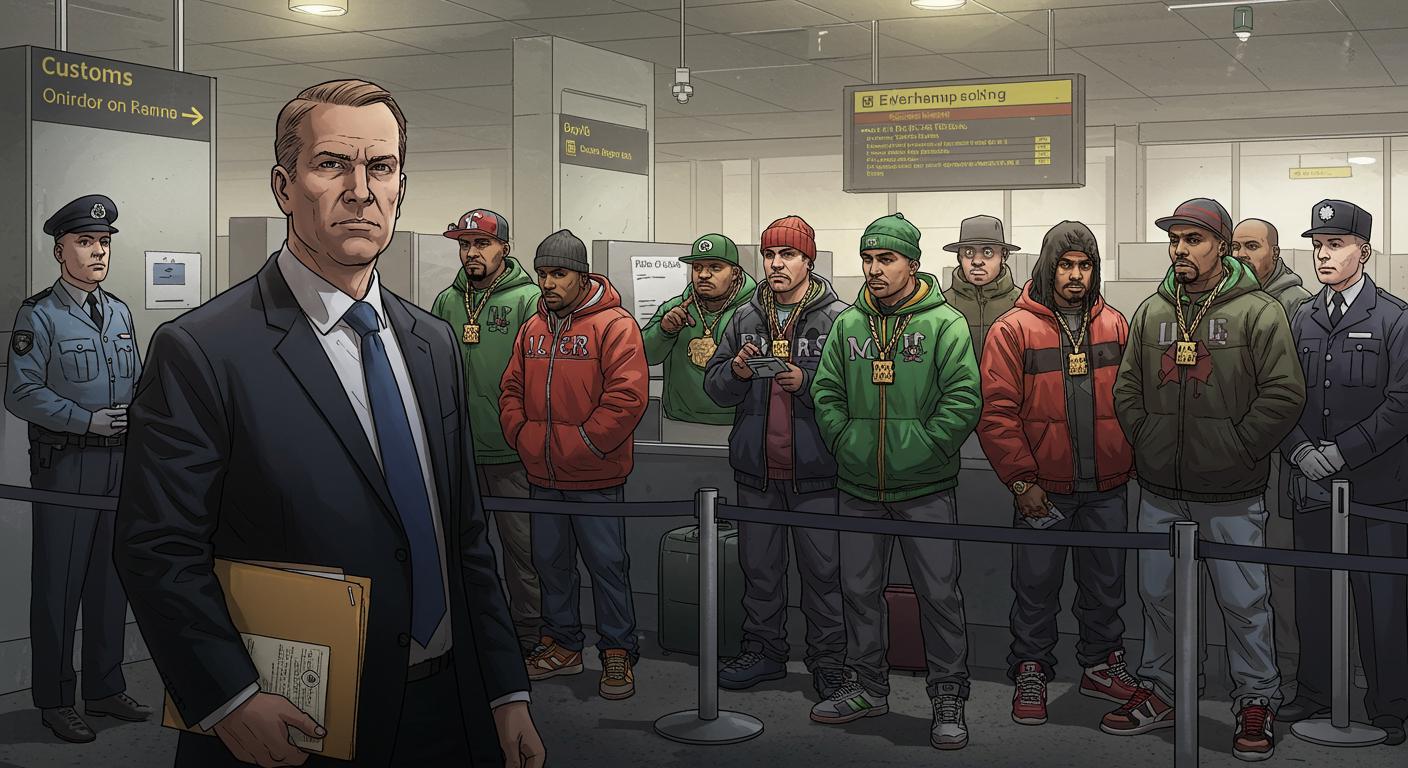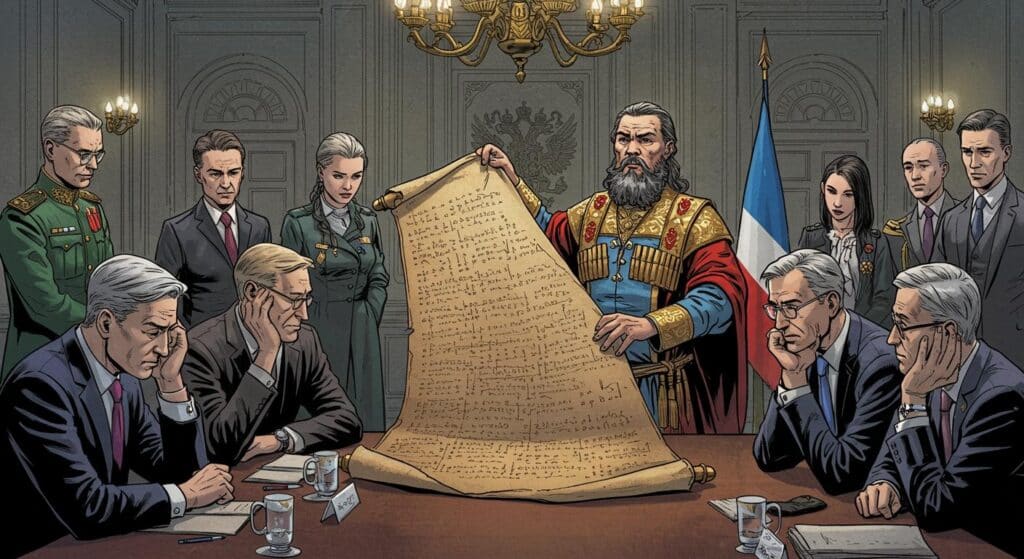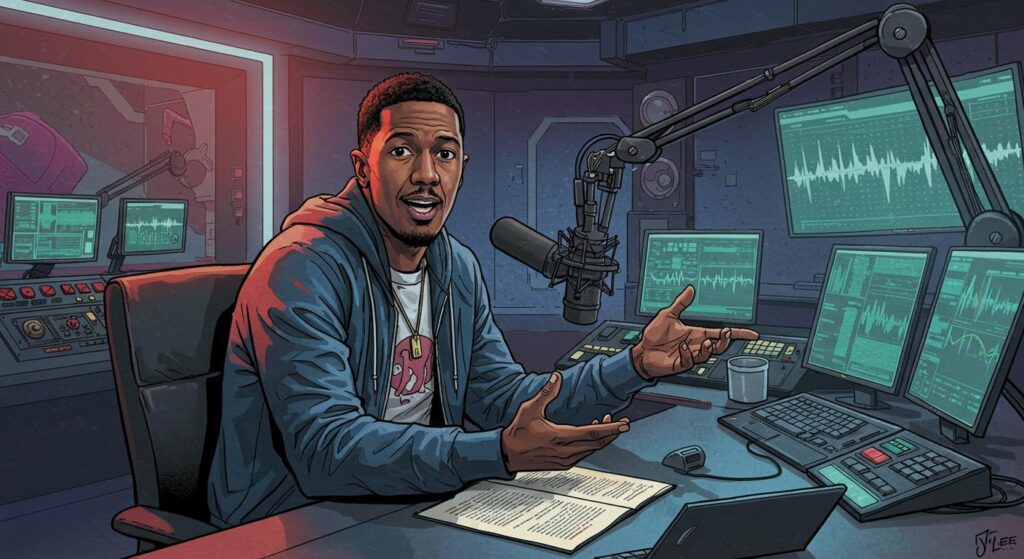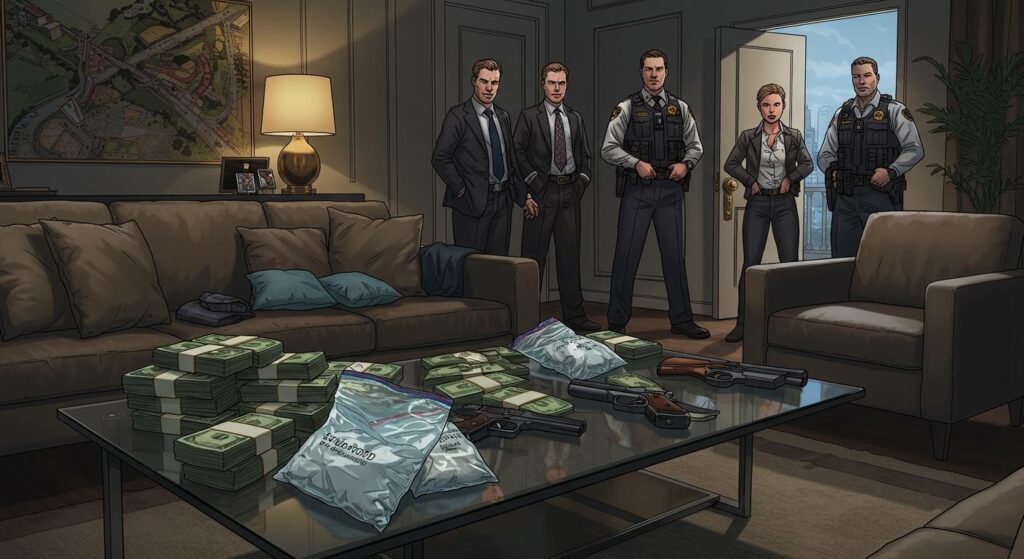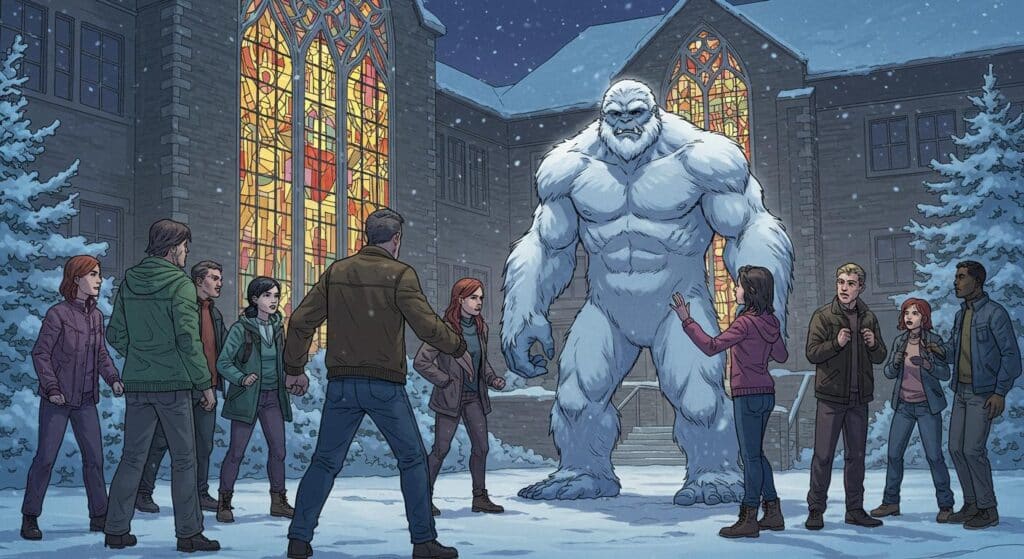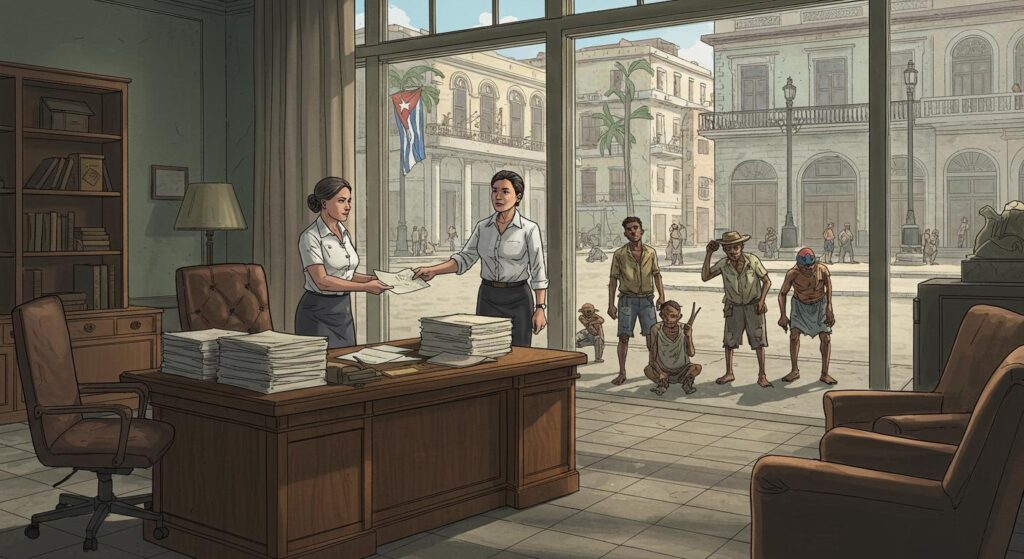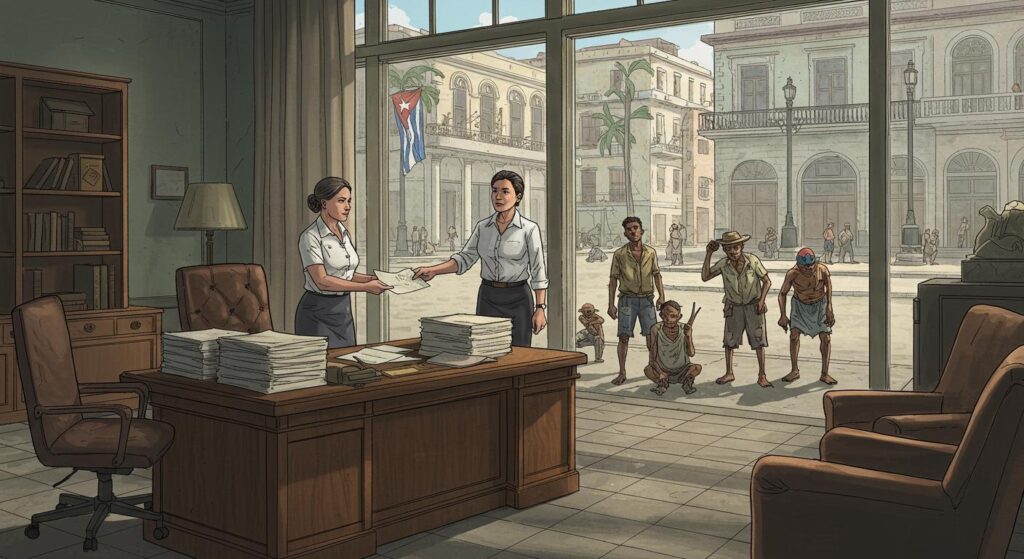Every so often, international visa policy, music festivals, and the surreally specific vagaries of political controversy combine in ways that seem destined for late-night Wikipedia spirals. This summer, the latest entry: Canada is tiptoeing around the possibility of barring British and Irish rap groups from crossing its borders—all due to a most unexpected Glastonbury fallout.
Borderlines and Basslines: Who Gets In?
To set the stage, coverage in The Globe and Mail details how two acts—Irish rap group Kneecap and English punk-rap duo Bob Vylan—are under British police investigation for actions during their June performances at the Glastonbury Festival. Bob Vylan, for their part, led a chant of “death to the IDF,” referencing Israel’s military. Meanwhile, Kneecap’s Liam Óg Ó hAnnaidh (also known as Mo Chara) faces a terrorism charge relating to the alleged display of a Hezbollah flag—though that incident reportedly occurred at an earlier show.
These incidents haven’t gone unnoticed abroad. The Centre for Israel and Jewish Affairs (CIJA), described in both The Globe and Mail and CTV News, has petitioned Canadian ministers to deny entry to both bands. Citing a possible breach of Canadian hate speech laws and a conflict with “our core values,” the organization is rallying supporters to urge the government to take a stand.
Kneecap, it turns out, is booked for October dates in Toronto and Vancouver. Whether they’ll actually make it onto Canadian soil, though, is anything but certain.
The Glastonbury Domino Effect: Banned in the USA, Awaiting Ottawa’s Decision
The transatlantic consequences have unfolded along familiar lines of official restraint and pointed public statements. The U.S. response was anything but subtle: on June 30, Deputy Secretary of State Christopher Landau took to social media to explain Bob Vylan’s visa revocation, linking the action directly to their “hateful tirade at Glastonbury, including… death chants.” According to The Globe and Mail and CTV News, Landau’s message was firm—those glorifying violence and hatred would not be admitted.
Canadian officials, by contrast, are in “wait and see” mode. Immigration Minister Lena Diab’s office, as noted by CTV News, is steadfast in invoking privacy law, declining to comment on the specifics of any individual’s admissibility. Matthew Krupovich, representing the Ministry, stated that each application is assessed under the Immigration and Refugee Protection Act, with grounds for refusal ranging from security to rights violations or criminality. Nothing, however, appears predetermined.
Within this climate of careful wording and caution tape, neither a confirmation nor a denial about a potential ban is forthcoming—at least for now.
From Punk and Protest to Policy: Drawing the Lines
The intricacies here could easily fill a thesis. Music as provocation is hardly new, but rarely have festival performances become so closely entangled with the machinery of border security. Requests from CIJA, as summarized by the Rocky Mountain Outlook, assert that providing a platform for these groups would undercut Canadian hate speech protections and send “a deeply troubling signal.” The same outlet relays Liberal MP Anthony Housefather’s position—he supports following the U.S. lead and has escalated concerns to Public Safety Minister Gary Anandasangaree.
Remarkably, the conversation has expanded further. Housefather, quoted in both CTV News and the Outlook, stresses the necessity for certainty that the performers “can’t enter the country to incite hatred.” There’s even broader opposition: some Indigenous leaders connected to the Indigenous Embassy Jerusalem, as documented by the Outlook, have urged major concert promoters not to host Kneecap, suggesting that such performances would publicly glorify hatred or terrorism.
Opposite this mounting pressure is a backdrop of questions—how does an on-stage chant or flag display in Somerset translate into Canadian legal risk? What scope do countries have, or should have, for vetting art on the basis of political or symbolic content created abroad?
Laws, Lyrics, and That Familiar Border Uncertainty
All told, the specifics of who does (or doesn’t) take the stage in Canada remain as fuzzy as the average Glastonbury bootleg. While CIJA awaits a formal response from either Minister Diab or Anandasangaree, Kneecap’s North American tour remains—at least on paper—a future event. It’s a curious gray zone, as the Globe reports, where on-the-ground security and high-level debate over “core values” now overlap with the itineraries of indie musicians.
Sit with that long enough, and the border between diplomatic protocol and festival booking starts to look suspiciously like a metaphor-laden fog machine.
One can’t help but notice the slow migration of what constitutes unacceptable performance: a few decades ago, it might’ve been a destroyed amp or an F-bomb; in 2025, it’s provocative chants and flag choices leading to intervention at the highest diplomatic levels. Will acts soon need legal consultations before taking a booking north of the 49th? Or will Canada quietly let the controversy fade between the lines of privacy policy and case-by-case discretion?
For now, the stage lights are dimmed, the entry stamps are un-inked, and concertgoers (and archivists) alike are left to wonder: will the curtain ever rise, or is this just another show destined to close at customs?

